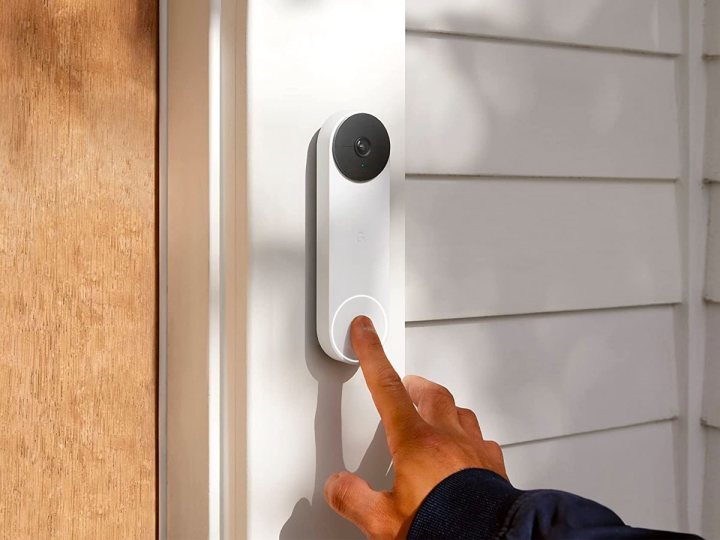
Google Home can be used to monitor and control a variety of smart home devices, including several types of cameras and video doorbells. Better yet, the smartphone app gives you an easy way to save videos recorded on these gadgets. There are a few restrictions, but here’s a look at how to save a video to Google Home.

How to save a video to Google Home
If you own a Nest product with a camera (such as a video doorbell), you can download clips using the Google Home app. Keep in mind that you can only download video clips that were registered to your video history, and the maximum clip length setting for your device will determine how long the video clip can be. Also, time-lapse videos cannot currently be created using the Google Home app – for that functionality, you’ll need to visit the Nest website.
With that out of the way, here’s how to save a video to Google Home on your smartphone.
Step 1: Open the Google Home app.
Step 2: Select your camera from the Favorites or Devices tab.
Step 3: Find the event you want to save. This can be done by scrolling through its video history or selecting the Event History tab.
Step 4: Select the video event you want to save, then select Controls.
Step 5: Select Save Clip. This will download the file to your smartphone.

What’s the difference between the Nest app and Google Home?
Google Home is a great way to control your Nest products, but it’s not your only option. The Nest app is another popular way to check in on video feeds and event history – and it offers many of the same features as Google Home.
Both Google Home and the Nest app can download video clips. However, note that the Nest app only supports videos up to two minutes and 30 seconds. The length of video clips in Google Home, meanwhile, is determined by the settings of your camera or video doorbell. Also, note that the Nest app can only be used to download videos that were created in the Nest app, and you can’t download clips that were created on a computer.
If you’re looking to piece together a time-lapse, the Nest website is your only option, as (much like Google Home) the Nest app doesn’t yet support this feature.



